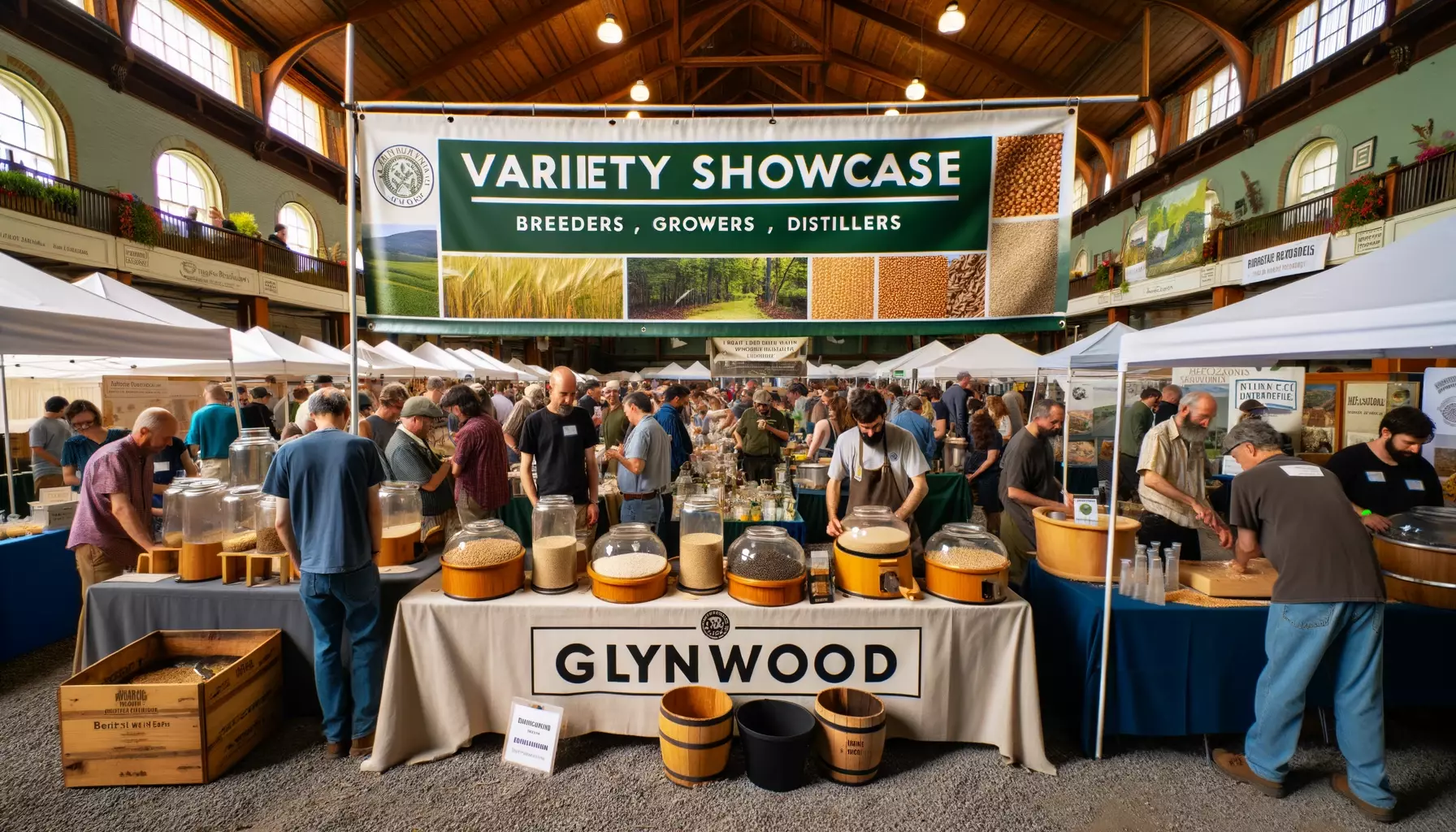Introduction: Hudson Valley’s Agricultural Shift
The Hudson Valley, once a thriving breadbasket of the U.S., witnessed a decline in its grain production due to various factors like poor farming practices and the advent of cheaper transportation methods. This shift led to the centralization of grain cultivation in the Midwest, significantly changing the region’s agricultural landscape.
Glynwood Center’s Innovative Grains and Staples Program
In 2021, the Glynwood Center for Regional Food and Farming, based in Cold Spring, launched its Grains and Staples program. This initiative aims to reinvigorate local grain production by encouraging farmers to cultivate small grains like wheat, rye, oats, rice, corn, seeds, legumes, and pulses. The program focuses on educational outreach and building networks to assist growers in overcoming the unique challenges of grain cultivation in the Hudson Valley.
Environmental and Economic Benefits of Small Grains
June Russell, the director of regional food programs at Glynwood, highlights the transformational potential of the program. Small grains are vital for a sustainable farm ecosystem, producing fewer greenhouse gases than larger commodity systems. They contribute to increased biodiversity, better pest and disease management, and improved soil health. However, challenges such as higher costs and the need for specialized equipment for certain ancient grains pose barriers to small-scale organic farmers.
Challenges in Reviving Grain Cultivation
Many grain varieties have vanished from the regional food system due to market shifts towards more efficient, centralized staples. Russell points out that rebuilding these systems is a gradual process, requiring the revival of small-scale milling, processing, and knowledge in plant handling and malting.
The Role of the Grains and Staples Program
Under Russell’s leadership, the program aims to develop “grain literacy” among various stakeholders, including farmers, bakers, brewers, and distillers. Glynwood’s collaborative approach, mirrored in their successful work in New York’s cider industry, involves sharing knowledge and resources to foster a supportive food culture.
Research and Advocacy Initiatives
The program is actively involved in research grants and events to promote small grains. Partnerships with universities for field trials and research into adapting small grains to regional climates are key components. An event showcasing diverse grain varieties was organized to emphasize the importance of plant breeding and culinary innovation.
Glynwood Farm Store and Community Engagement
Glynwood’s farm store now offers a variety of small grain products, and the community is encouraged to participate through grain shares and bakery collaborations. Russell is also focused on answering increasing inquiries about accessing these local products, reflecting growing interest in regional food systems.
Conclusion: The Future of Local Grains
Russell envisions a promising future for the Grains and Staples program, especially in light of the pandemic’s impact on supply chains and food costs. The program’s goal is to add value to local food systems, indicating a positive trend towards sustainable, locally-sourced agriculture in the Hudson Valley.
